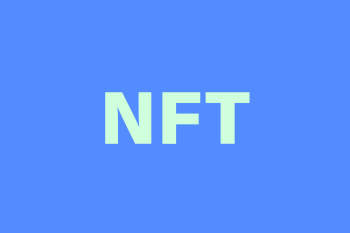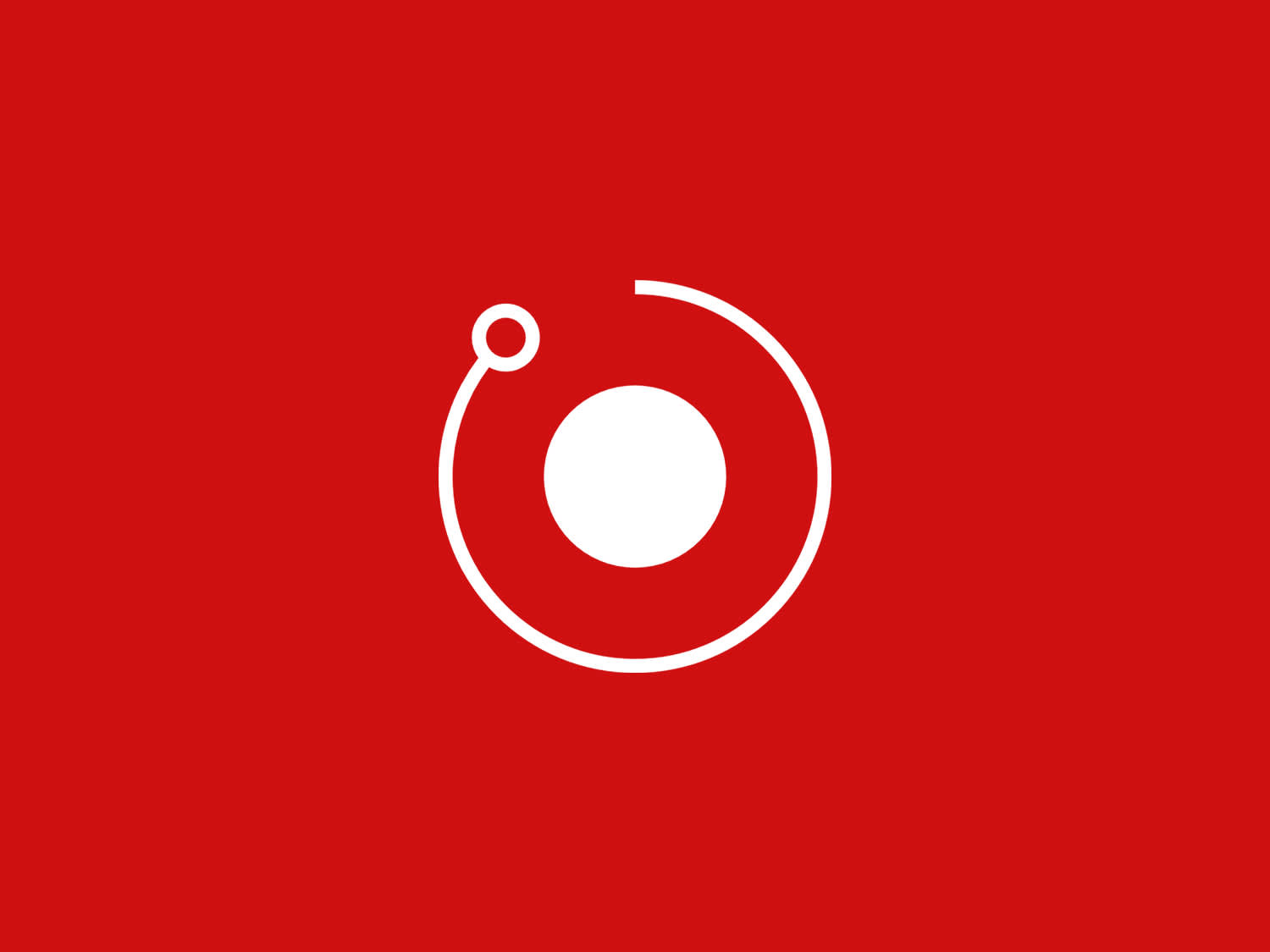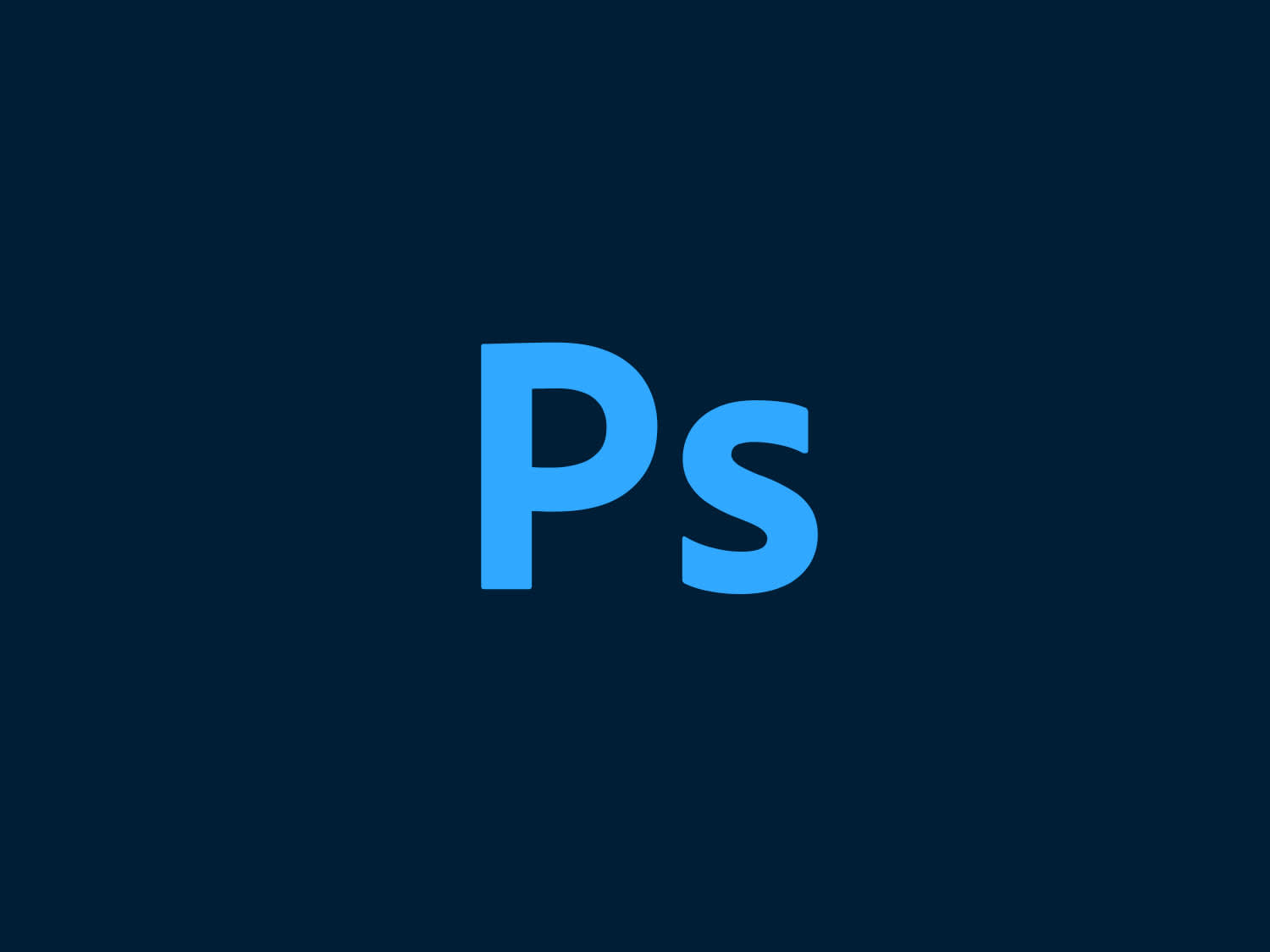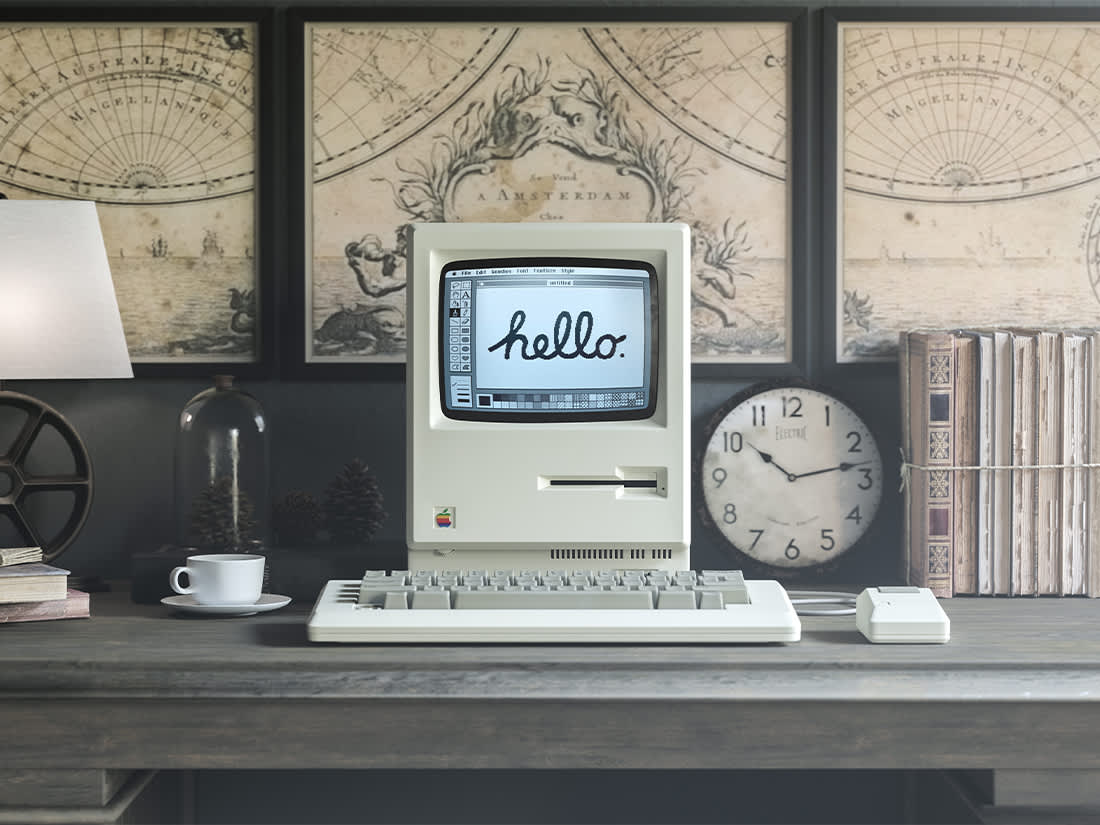
What are NFTs
We’ve all heard of NFTs before. If you have any kind of social media presence, your feed is probably filled with either posts about celebrities like Justin Bieber and Jake Paul buying MILLIONS of dollars worth of random pictures, or stories about average people having their lives completely turned around after finding success in the NFT space.
But what are NFTs?
The concept of Non-Fungible Tokens (Yup, that’s what it’s short for) is often explained by people who have been in the space for a while, and assume that most people know the vocabulary that they use. I, personally, don’t believe that’s a good way to approach things, as understanding new spaces often boils down to being able to comprehend new, unfamiliar terms, and simplifying things as much as possible. Let’s help you with that in order for you to not miss out on this space (spoiler alert: you’re still early).
Let’s start with the word fungible. Simply put, ‘fungible’ means replaceable (interchangeable). NFTs are NON-fungible, which means they’re unique and cant be replaced with something else. As you can probably tell, NFTs are designed around ownership. You may be wondering: “Ownership of what?”, and the answer to that question is this: the ownership of anything digital (for instance: music, or art). Here’s a quick example to put things into perspective for you: Meek Mill is releasing an exclusive album as an NFT on the blockchain (don’t worry, you will know exactly what a blockchain is next), allowing fans to purchase it in order to avoid record labels, streaming services, and keep the majority (if not all) of the profits.
Whenever you feel confused, think about this: anybody can print or buy a copy of the Mona Lisa, but they can’t own the original.
TLDR; owning NFTs is similar to buying a limited edition object that only you can own, but digitally. The reason behind their value is scarcity, and the proof of you owning this unique digital asset is stored on a blockchain. That’s all you need to know for now.


